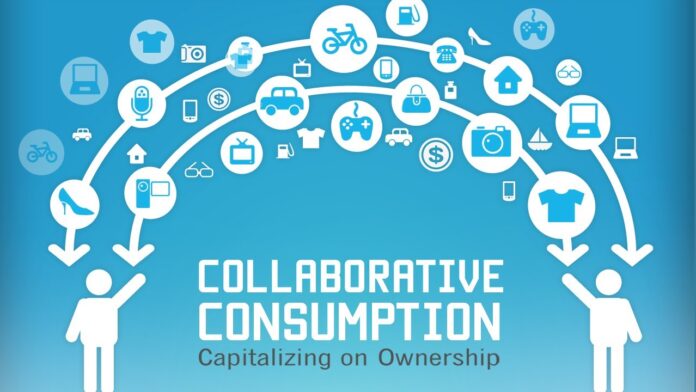Collaborative consumption is reshaping the economy and consumers are responding. The new economy is a shared economy where owning or buying products is replaced with leasing or sharing them. Companies across the globe are buying into the models with new distribution channels bucking prevailing trends and consumers are taking action.
Industry takes notice
Car manufacturers Daimler AG (car2go), BMW (DriveNow), and Peugeot (Mu) each has accepted the challenges of integrating collaborative consumers into their existing business models to sell the use, not the product. This new paradigm opens untapped revenue that yesterday did not exist. Automotive is not the only industry taking an interest. Across the world, manufacturers realize the value in the sharing economy. For example, Maschinenring is exploring leasing machinery for agriculture and forestry. LiquidSpace and Ikea are playing in the used furniture market, and FedEx TechConnect is beginning to repair consumer electronics taking a lesson from Best Buy’s Geek Squad. It doesn’t stop there. Patagonia has embraced the used clothing market. The Wine Foundry is leasing vineyards to consumers, for small batch wine production. software (PepsiCo). Kuleasing.ch has even applied collaborative consumption to farming by leasing cows. Industry sees the value in the sharing economy, and they are taking action.
Selling the service
By selling the service, not the product and supporting customers in their attempts to resell, businesses can take advantage of unused resources and capacities. Companies with new business models are aligning collaborative consumption to target new customers ranging from providing repair and maintenance services fundamentally changing how people how people own and consume. This trend will be more prevalent as businesses latch onto the new revenue streams.
From the hotel industry to farming, fair cost sharing coupled with a finite capacity for the sharing economy is making leasing more desirable than buying. Doing business has just become more attractive.
References
Coldwell, W. (2014). Airbnb’s legal troubles: what are the issues? | Travel | The Guardian. Retrieved March 5, 2016, from http://www.theguardian.com/travel/2014/jul/08/airbnb-legal-troubles-what-are-the-issues
DePillis, L. (2016). Hotels don’t actually appear to be that scared of Airbnb. Retrieved March 5, 2016, from https://www.washingtonpost.com/news/wonk/wp/2016/02/26/hotels-dont-actually-appear-to-be-that-scared-of-airbnb-yet/
i.ytimg.com. (2016). maxresdefault (online image). Retrieved March 5, 2016, from https://i.ytimg.com/vi/KwpCvX-b0ys/maxresdefault.jpg
Matzler, K., Veider, V., & Kathan, W. (2015). Adapting to the Sharing Economy. MIT SLOAN Management Review, 56(2).
Suzdaltsev, J. (2014). How the New Airbnb Laws Will Affect You – The Bold Italic – San Francisco. Retrieved March 5, 2016, from http://www.thebolditalic.com/articles/6008-how-the-new-airbnb-laws-will-affect-you
Peter Nichol, empowers organizations to think different for different results. You can follow Peter on Twitter or his blog. Peter can be reached at pnichol [dot] spamarrest.com.
